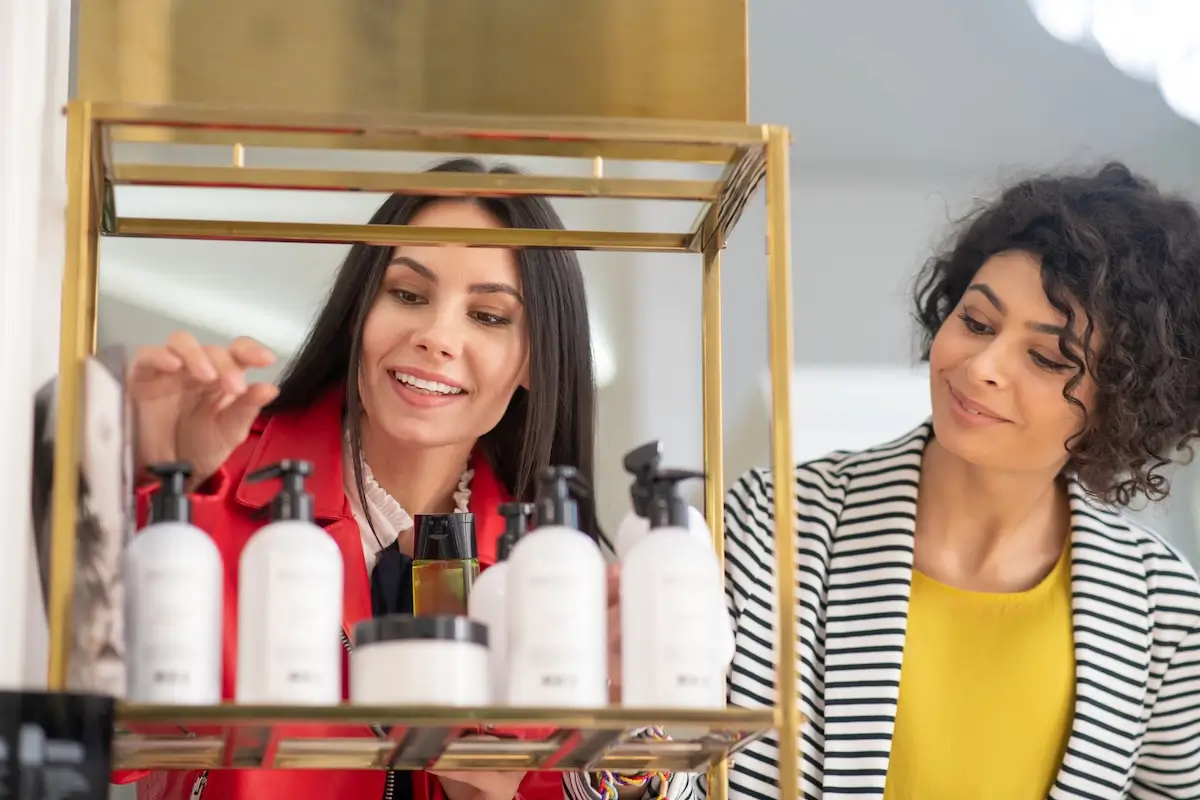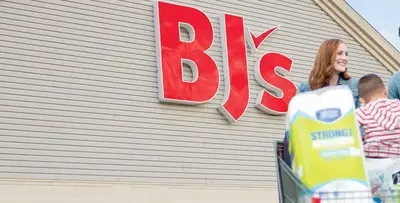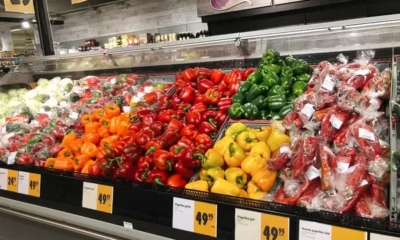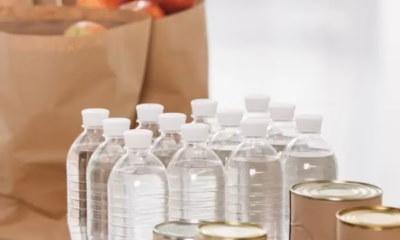Private Label
Private Label Sales Set to Surpass $250 Billion.

Sales of private-label products have reached unprecedented market shares in both units and dollars during the first half of the year, according to data released by Circana and reported by the Private Label Manufacturers Association (PLMA) on Tuesday..
As of June 16, private labels achieved a unit market share of 22.9% of total volume, while dollar market share increased to 20.4% of total sales, PLMA reported.
“These record highs in market shares illustrate the ‘store brands phenomenon’ that’s sweeping the retail industry across all channels, departments, and categories,” stated Peggy Davies, president of PLMA.
Store brand sales totaled $121 billion in the first six months of 2024, reflecting a 2.3% increase compared to the same period last year. In contrast, national brand sales grew by 1.1% to reach $472 billion.
In terms of unit volumes, store brands significantly outperformed national brands. Private label unit volumes rose 2.5%, whereas national brands saw a decline of 0.8% in unit volumes.
PLMA estimates that if current sales trends continue, total store brand revenue for 2024 could exceed $250 billion, setting a new annual sales record.
Private label growth was evident across most store categories. Nine out of the ten departments tracked by Circana reported dollar sales growth for the 52-week period ending June 16. Notable leaders included beauty (up 10%), liquor (up 8.8%), general food (up 6.9%), and home care (up 6.8%).
Other categories experiencing growth included:
- Pet care (up 5.8%)
- Beverages (up 4.3%)
- Frozen foods (up 2.9%)
- General merchandise (up 2.2%)
- Home (up 1.7%)
The refrigerated foods department did see a slight decline, with private label sales slipping 0.7%.
Retailers have emphasized the strong growth of their private brands during recent earnings calls, noting that consumers continue to seek value amid ongoing price inflation.
“We’ve continued to see strong momentum in private brand sales,” said Doug McMillon, president and CEO of Walmart, during the company’s first-quarter earnings call. He noted that while private-brand penetration remains in the “low 20s” as a percentage of total sales, over half of all customer grocery baskets included a private brand product last year.
Similarly, SpartanNash reported in its first-quarter call that unit penetration of private brands had increased by 50 basis points compared to the same quarter a year ago.
“We continue to see our private label brands outperform national brands,” stated Tony Sarsam, president and CEO. Both Walmart and SpartanNash have recently launched new premium private labels: Better Goods and Finest Reserve by Our Family, respectively.





















